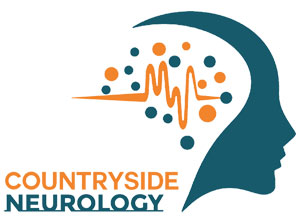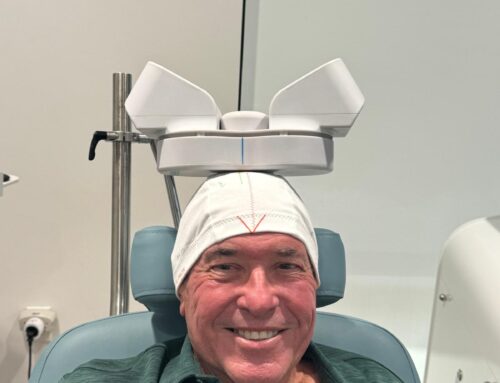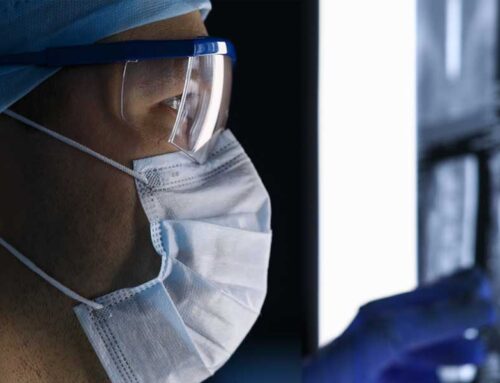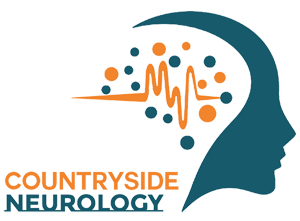Introduction: Tinnitus, characterized by the perception of noise or ringing in the ears, affects many individuals, with approximately 15 to 20 percent of the population experiencing its symptoms. It’s important to understand that tinnitus isn’t a condition by itself; rather, it often serves as a symptom of underlying health issues, which can range from age-related hearing loss to circulatory system disorders. While it can be bothersome, finding relief for tinnitus is indeed possible.
Diagnosis and Understanding: Typically, doctors diagnose tinnitus based on your symptoms. However, identifying the underlying cause of your tinnitus is crucial for effective treatment. Your medical history will be considered, and your ears, head, and neck will be examined. Common diagnostic tests include:
- Hearing (Audiological) Exam: This helps rule out or identify potential causes of tinnitus.
- Movement Assessments: Changes or worsening of tinnitus during certain movements can indicate underlying disorders.
- Imaging Tests: Such as CT or MRI scans, may be conducted based on the suspected cause.
- Lab Tests: Blood tests can check for anemia, thyroid problems, heart disease, or vitamin deficiencies.
Describing the specific tinnitus noises you hear is essential, as this can help identify potential underlying causes:
- Clicking: Suggests muscle contractions in or around your ear.
- Pulsing, Rushing, or Humming: Often linked to vascular causes, such as high blood pressure.
- Low-Pitched Ringing: Could indicate ear canal blockages, Meniere’s disease, or otosclerosis.
- High-Pitched Ringing: The most common tinnitus sound, potentially caused by loud noise exposure, hearing loss, or medications.
Treatment Options: The treatment for tinnitus largely depends on whether an underlying condition is causing it. If so, addressing the root cause can often reduce or eliminate the symptoms. Some examples include:
- Earwax Removal: Clearing earwax blockages can alleviate tinnitus.
- Treating Blood Vessel Conditions: Medication, surgery, or other treatments may be necessary.
- Hearing Aids: Beneficial for noise-induced or age-related hearing loss.
- Medication Adjustment: If a medication is suspected to cause tinnitus, your doctor may recommend an alternative.
Suppression and Management: For cases where tinnitus cannot be cured, various treatments can help make the symptoms less prominent. Your doctor may suggest using electronic devices to suppress the noise, which include:
- White Noise Machines: These create sounds similar to static, falling rain, or ocean waves, often effectively masking tinnitus.
- Masking Devices: Worn in the ear, these produce a continuous, low-level white noise that can suppress symptoms.
Counseling and Behavioral Treatments: Behavioral treatments aim to change how you perceive and feel about your tinnitus, ultimately making it less bothersome over time. These include:
- Tinnitus Retraining Therapy (TRT): An individualized program that combines sound masking with counseling. It can help you notice tinnitus less and feel less distressed.
- Cognitive Behavioral Therapy (CBT): This counseling helps you learn coping techniques and manage symptoms, potentially reducing the accompanying anxiety and depression often linked to tinnitus.
Medications: While medications can’t cure tinnitus, they might help alleviate its severity or manage related complications, including anxiety and depression. They may be prescribed to treat underlying conditions or address the emotional aspects of tinnitus.
Future Treatment Avenues: Researchers are actively exploring magnetic or electrical stimulation of the brain as a potential tinnitus symptom relief method. This includes transcranial magnetic stimulation (TMS) and deep brain stimulation.
For those seeking effective relief from tinnitus, consider the promising possibilities of TMS therapy. Located in Palm Harbor, FL, Countryside Neurology is dedicated to helping you find solace from tinnitus. Contact us today at 727-712-1567 to explore your options and embark on a journey to a quieter, more peaceful life. Your path to peace and quiet starts here.
#TMSforTinnitus #TinnitusAtCountrysideNeurology #TMSatCountrysideNeurology
Sources:
ChatGPT




